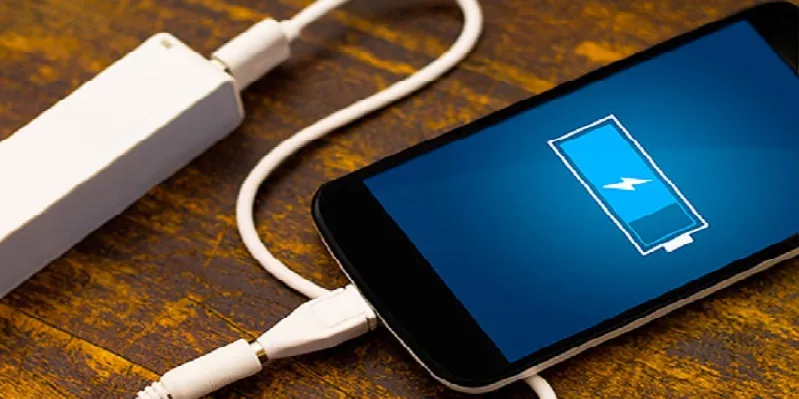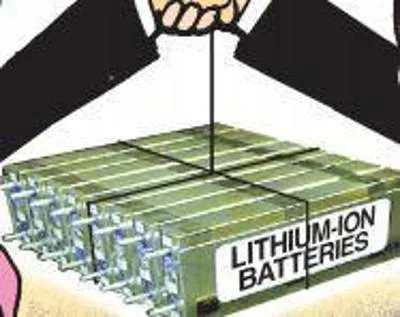How your cellphone and car batteries can last 5 times longer
Scientists have discovered a new catalyst material that may lead to cellphone and car batteries lasting five times longer. Kyeongjae Cho from University of Texas at Dallas (UT Dallas) in the US has found the catalyst materials for lithium-air batteries that jumpstart efforts at expanding battery capacity .

"There is huge promise in lithium-air batteries. However, despite the aggressive research being done, those promises are not being delivered. So this is very exciting progress. Hopefully , this discovery will revitalise research in this area and create momentum for further development," Cho said.

Lithium -air (or lithiumoxygen) batteries "breathe" oxygen from the air to power the chemical reactions that release electricity , rather than storing an oxidiser internally like lithium-ion batteries do.
Due to this, lithium-air batteries boast an energy density comparable to gasoline with theoretical energy densities as much as 10 times that of current lithium-ion batteries. For example, at a fifth of the cost of those presently in the market, a lithium-air battery would allow an electric car to drive 640 km on a single charge and a mobile phone to last a week without recharging, researchers said.
"Our collaboration team have demonstrated that this problem can be solved. Hopefully, this discovery will revitalise research in this area and create momentum for further development," Cho added in a paper published in the journal Nature Energy.
In new research, the team focussed on the electrolyte catalysts inside the battery, which, when combined with oxygen, create chemical reactions that create battery capacity. The researchers created a new catalyst for the lithium-air battery called "dimethylphenazine" which possesses higher stability and increased voltage efficiency. "The catalyst should enable the lithium-air battery to become a more practical energy storage solution," researchers added
Also read : Mother Nature is smiling! Researchers accidentally discover batteries that last forever
Cho said that practical attempts to increase lithium-air battery capacity so far have resulted in low efficiency and poor rate performance, instability and unwanted chemical reactions. However, it could take five to 10 years before the research translates into new batteries that can be used in consumer devices and electric vehicles.







